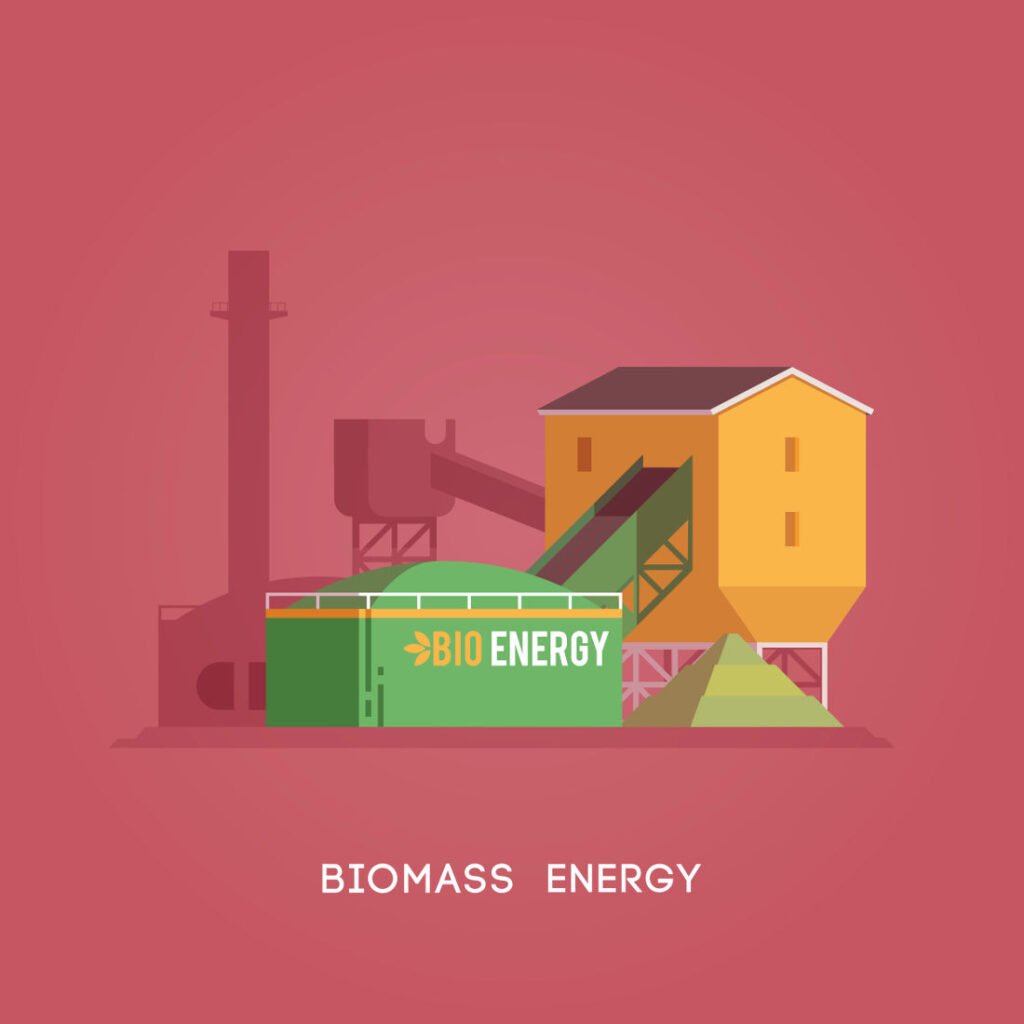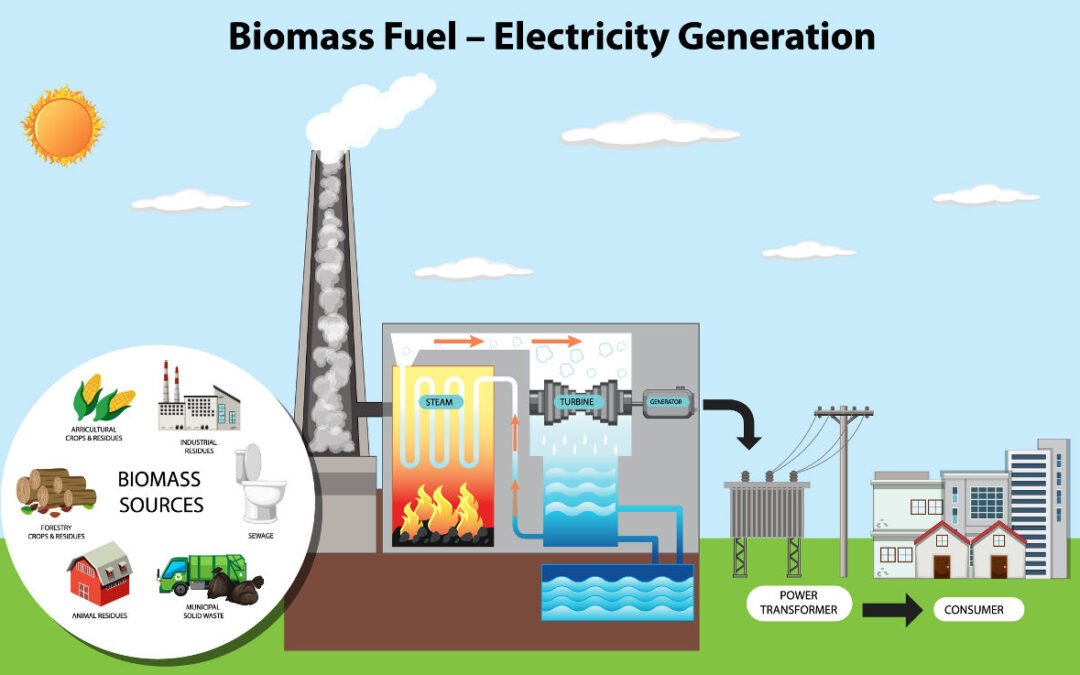As we strive to build a more sustainable future, the importance of renewable energy sources has become increasingly apparent. Among the various renewable options, biomass energy has emerged as a promising solution that not only offers carbon-neutral benefits but also provides a reliable and versatile energy source. In this article, we will delve into the remarkable potential of biomass energy and explore how it can contribute to a greener, more sustainable tomorrow.
What is Renewable Energy?
Renewable energy refers to energy sources that are naturally replenished and do not deplete over time. These sources include solar, wind, hydroelectric, geothermal, and biomass. Unlike fossil fuels, which are finite and contribute to greenhouse gas emissions, renewable energy presents a clean and sustainable alternative that can meet our energy demands without compromising the environment.
Biomass Energy: A Carbon-Neutral Solution
At the heart of biomass energy lies the concept of carbon neutrality. Biomass, which encompasses organic materials such as agricultural waste, forestry residues, and energy crops, is considered a carbon-neutral energy source. When these materials are converted into energy, the carbon dioxide released during the process is offset by the carbon dioxide absorbed by the plants during their growth. This cyclical nature of biomass energy makes it a truly renewable and environmentally-friendly option.
The Reliability of Biomass Energy
One of the key advantages of biomass energy is its reliability. Unlike solar and wind power, which are dependent on weather conditions, biomass energy can be generated consistently and on-demand. This reliability ensures a steady supply of energy, making biomass a valuable resource in the transition towards a sustainable energy mix.
Supporting Sustainable Agricultural Practices with Biomass Energy
Biomass energy not only provides a reliable energy source but also supports sustainable agricultural practices. By utilizing agricultural waste and residues as feedstock for energy production, biomass energy can help reduce the burden on landfills and create new revenue streams for farmers. This integration of energy production and agricultural sustainability is a powerful synergy that can drive economic and environmental progress.
Biomass Energy: Reducing Waste and Pollution
In addition to its carbon-neutral attributes, biomass energy offers significant benefits in terms of waste reduction and pollution control. By converting organic waste into energy, biomass technology helps divert materials from landfills and reduces the environmental impact of waste disposal. Furthermore, the combustion of biomass fuels often produces lower levels of harmful emissions compared to traditional fossil fuels, contributing to cleaner air and a healthier environment.
Biomass Energy: Reducing Greenhouse Gas Emissions
The global shift towards renewable energy sources is driven by the urgent need to mitigate the effects of climate change. Biomass energy plays a crucial role in this endeavour by reducing greenhouse gas emissions. By replacing fossil fuels with biomass, we can significantly lower the carbon footprint of our energy production, contributing to the broader efforts to combat climate change and achieve a sustainable future.
Economic Benefits of Biomass Energy
The adoption of biomass energy not only benefits the environment but also presents compelling economic opportunities. The development and deployment of biomass technologies create new jobs in the energy and agricultural sectors, stimulating local economies and fostering economic growth. Additionally, the diversification of energy sources through biomass can enhance energy security and reduce reliance on imported fossil fuels, leading to cost savings and greater economic stability.
Biomass Energy Technologies and Applications
Biomass energy can be harnessed through a variety of technologies, each tailored to specific feedstocks and applications. These technologies include direct combustion, gasification, pyrolysis, and anaerobic digestion, among others. The versatility of biomass energy allows it to be utilized for heat generation, electricity production, and the creation of biofuels, making it a valuable contributor to the energy mix.
Conclusion: Advantages of Biomass Energy
As we navigate the path towards a more sustainable future, the role of biomass energy cannot be overstated. Its renewable, carbon-neutral, and reliable nature, coupled with its ability to support sustainable agricultural practices, reduce waste and pollution, and provide economic benefits, make it a compelling solution in the fight against climate change. By embracing the power of biomass energy, we can unlock a future where clean, renewable, and reliable energy sources are the foundation for a more sustainable and prosperous world.
To learn more about the advantages of biomass energy and how you can harness the power of biomass energy and contribute to a sustainable future, visit our website at https://proadvance.co.uk or contact our team of experts today. Together, we can unlock the full potential of this renewable energy source and create a better tomorrow for all.



